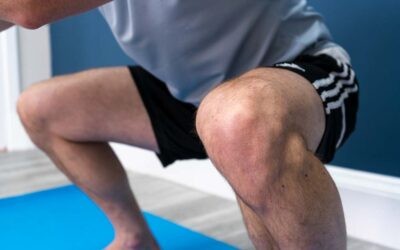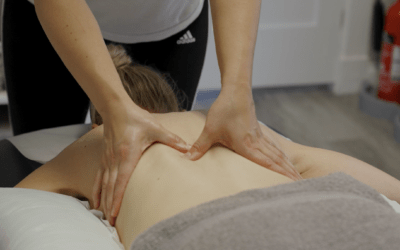Back Care Awareness week is just around the corner and we are going to address some of the myths and misconceptions around back pain, how to diagnose, treat and prevent it.
The first thing to get comfortable with is that there are no quick fixes but a long term approach to recovery and prevention of recurrence is the best approach.
Back Care Awareness has a theme for this year, which is working from and spending more time at home. While we have encountered the consequences long, unexpected changes to our work environment have caused we are now hearing about how as the world opens up another transition has taken place where people are now returning to an office environment, reacclimatising to their old desks, spending more time commuting in the car or public transport or back in a working environment that requires them to be on their feet for a larger part of the day.
All of these reasons have aggravated some new clients long term back pain problems and they have sought help. This means we are hearing familiar sad and frustrating stories surrounding how they have been diagnosed, the advice they have been given or just how they have tried to cope without support or plan for recovery. Inevitably this has caused them to worry about making things worse and have become fearful or unsure of how to progress things safely.
These blogs will cover just some of these myths and misconceptions and hopefully help many of you be more positive and confident about the future without back pain.
How persistent back pain CAN get better
We understand that back pain can be scary and frustrating. Sometimes it comes and goes, other times it’s constant. You thought it would go away but it just gradually got worse. You have been given pain relief and been advised to take it easy, most likely by your GP.
Many patients suffer for so long, convincing themselves that exercise will make things worse, that their pain is related to age or genetics or bad luck.
This is completely wrong.
8/10 people will experience ‘simple’ low back pain in their lifetime. Although we term it ‘simple’ this does not dispute the fact back pain can be extremely painful and debilitating, however it is usually not cause for alarm.
The majority of acute low back pain is the result of simple strains or sprains to tissues and although pain can be severe, the prognosis is excellent with most cases resolving within 6 weeks.
Pain research shows us that often ‘the tissue is not the issue’. The degree of pain felt can vary according to a number of factors including, previous pain experiences, your mood, fears, fitness, stress levels and coping mechanisms,
Our nervous system regulates how much pain a person feels at any given time. Persistent pain can lead to the nervous system becoming hypersensitive and pain can continue even though the initial strain or sprain has healed.
This can mean the person feels more pain when they move or try to do something, even though they are not damaging their spine. learning to distinguish between the ‘hurt’ from any concerns about ‘harm’ is important in recovering fully.
Low back pain is associated with many factors that vary between individual and treatments must consider what is relevant for each person. Failing to get relied after lots of different treatments is very frustrating and causes people to lose hope.
The contributing factors of back pain vary and an individually designed treatment plan is needed to deal with the issue.
Treatments like manipulation give short-term reduction in pain, muscle tension and fear and while hands-on treatment can be valuable it should always be accompanied with good advice and exercises.
We believe effective treatment includes an active approach to back pain, with strategies to aid your own recovery and prevent recurrence.
It is important that you, together with your physio work through a rehabilitation programme (specific exercises and stretches) to correct underlying muscle weaknesses, flexibility issues, and improve the way in which the muscles around your spine work. A physio can also give you advice on correcting posture/technique for work and sport allowing you to get back doing what you love as quickly as possible and stronger than before.
We know what works and what doesn’t and we can guide you back to living an active lifestyle without pain relief medication and without worry of surgery.
If you or anyone you know is complaining of back pain please reassure them that it can get better, there is a road to recovery and they just need to find the right physiotherapist to encourage and support them with the right strategies. To talk to our back pain specialise for advice or to book an appointment contact 0333 301 0205 or email treatment@optimalphysio.co.uk.


0 Comments